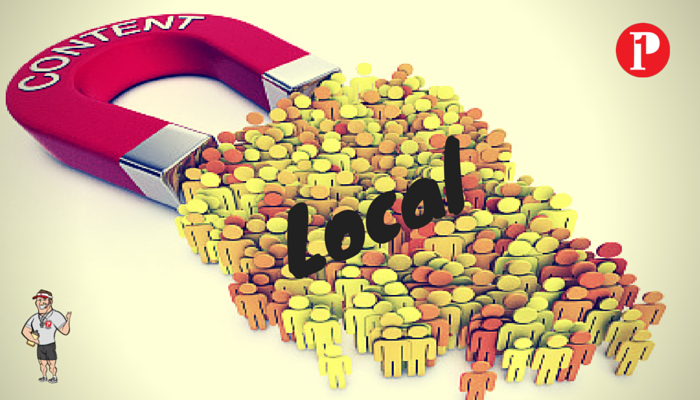 What does content marketing really mean?
What does content marketing really mean?
Today’s savvy local businesses are breaking into content marketing, but is it enough?
Yes, content marketing is definitely a buzzword. But all it really means is that custom content — that kind of tailored information that tells the real story of a local business — is what consumers really want.
In fact, 78 percent of chief marketing officers see custom content as the future of marketing, according to the latest statistics from Demand Metric.
LOCAL CONTENT
Content Marketing Is Going Native
Content is everything around you. It all tells a story. If you don’t have a plan for how that story is being told, then you might not like how it turns out. In the local world, even your brick and mortar building is a piece of content.
It speaks about your brand, your values, your appreciation of customers and employees, and can be used to attract organic visitors if it is positioned well and provides a good user experience.
If you just try to make the front of a building look good, but don’t back up the inside inch by inch with the same quality, people will literally say, “Hey man, this place doesn’t meet expectations… let’s leave.”
BRANDS
And content marketing is not just for the big brands, either.
- 90% of all organizations use content in marketing efforts
- 80 % say that custom content should be the central focus of those marketing efforts
Demand Metric reports. Put it another way: Businesses large and small think custom content makes the world go ‘round.
Does that mean all this custom content will give local businesses the kind of reach and engagement they desperately need online? Unfortunately, content marketing is no silver bullet. There is another way to use custom content without slamming your customers over the head with just another ad.
Native advertising is the pay-to-play way to get custom content to your target audience. Native advertising is typically content-based, according to Joe Pulizzi of the Content Marketing Institute.
The information is useful, interesting, and highly targeted to the specific readership. So, in all likelihood, it’s not an advertisement promoting the company’s product or service directly. This is where native advertising looks a bit like content marketing.
Look at the differences in B2B vs. B2C content marketing.
Think of native advertising as another logical step from content marketing. And for local businesses, there are three key reasons why native advertising can put custom content to good use.
Native Advertising Beats Display Ads
Consumers looked at native ads 53 percent more frequently than display ads, according to the latest statistics from IPG Media Lab on native advertising.
In fact, customers even think of native advertising as shareable.
- 32% of respondents to the IPG Media Lab survey said the native ad “is an ad I would share with a friend or a family member” versus just 19 percent for display ads.
Native Advertising Is Everywhere — And We Don’t Even Notice
If you think native advertising is something you’ve never seen before, think again. Take Facebook, for example. If you’ve ever read a promoted or sponsored post that showed up in your news feed, that’s one form of native advertising.
The nation’s largest publishers are also serving up native advertising in much the same way they serve up quality editorial content. In July, The New York Times launched a native advertising team in London to attract more international clients, The Guardian newspaper reports. These paid articles, or native advertising, use content that looks and feels just like editorial content produced by The New York Times‘ journalists.
LOCAL CONTENT STRATEGY
This is where the difference between local content marketing and content strategy kicks in. Creating a single piece of content that does well is fairly easy to achieve. Building a true scalable machine that continually puts out great local content and consistently tells your story is not.
Identify your local audience
Most of you reading this will already have a service or product and hopefully local customers. Do you have personas developed for attracting and retaining more of them?
Facebook Insights is a great free tool to help you define your audience.
Lookalike Audiences
With lookalike audiences, you can find more people on Facebook who share traits — like location, age, gender and interests — with your customers, so your ads reach even more people who’ll care about your business.
It’s up to you to choose the audience you want to reach. You can choose from one or a combination of targeting options that suit your business’s needs, while helping you reach the people you care about.
How to Create a Lookalike Audience.
LOCAL NATIVE ADVERTISING
Local newspapers in local markets across the country are also offering native advertising options. Now readers can visit their local newspaper’s website and read a sponsored post that not only tells a story but also closely resembles the kind of journalistic content they are used to reading.
The benefit for local businesses?
While the article does not resemble an ad, the local business advertiser who is paying to play is used as a reference or a source within a quote.
This guarantees the advertiser a share of the voice without shoving an ad down someone’s throat.
Here’s a local sponsored article in action:
So what about your local business? Have you tried this trend yet? Share your native advertising experience and how you are reaching local customers.
AT&T NATIVE AD
In this case, AT&T is looking to drive readers to it’s own marketing site,AT&T Business Circle, which provides tips and advice for small business owners.
The AT&T-produced cover features the aforementioned Jessica Matthews, the co-founder of Uncharted Play, which produces athletic equipment designed to collect energy to help generate renewable energy for areas of the world with poor electricity. Ms. Matthews was featured last year on Forbes’ “Under 30″ list, and presented at a related event last October–an event that AT&T sponsored.
This year, AT&T’s BrandVoice cover ad package includes both online and print sponsored content, as well as a similar event sponsorship later in the year; the entire deal’s value is well north of seven figures, said a person familiar with the matter.
HYPER LOCAL
You need to get into the local conversations. This means you need to have some native advertising or other original content that goes into their conversation. You need to reach out to the people in those communities who are talking about your category and build a network of communicators.”
“When we think about the future of the media industry and news, the question is, what survives?” says Antonella Mei-Pochtler, senior partner at Boston Consulting Group. “People will only be driven to consume and pay for content that is highly relevant, and that’s mainly local content. It’s also true for marketing and advertising.”
In the annals of doomed tech, smart offerings failed because they were too early to market: Apple Newton (1993), WebTV (1995), LiveJournal (1999), Friendster (2003), to name a few. As the tech industry likes to say, being early is the same as being wrong.
Clearly, marketing content is starting to target hyperlocal markets.
The nature of marketing content is changing, too. Banner ads are being replaced by content that contributes to a hot-topic conversation. Marketers not only learn about a consumer’s most important interests, this new kind of marketing content treats consumers as people with which to have a real relationship rather than as merely sales prospects.
“Hyperlocal is about being more relevant content-wise and being more near to the consumers.”
JOIN US FOR OUR UPCOMING
FALL
SOCIAL MEDIA SEMINAR SERIES
- Facebook Ads – How to create, implement & boost sales – Sept. 10th AM
- Visual Content for Business – How to create & use visuals – Sept.10th PM
- Social Media Marketing for Realtors – Gain more listings & sales – Sept. 17th AM
- YouTube & Video – How to create, implement & boost sales – Oct. 8th AM
- Twitter for Business – The fastest way to spread your brand content – Oct. 29th AM
- Tools & Apps for Business – Gain more hrs. & be more productive – Nov. 5th AM
- Blogging – Generate leads & get new customers – Nov. 5th PM
About Blair

Blair Evan Ball is a Social Media Coach and founder of Prepare1, a company that works with businesses, individuals and non-profits. He is a former executive with a Fortune 50 company, and his national division did $1Billion+ in sales annually.
Blair has written three e-books: Facebook for Business Made Easy, Facebook Pages for Business Made Easy, and WordPress Blog Setup Made Easy.
Blair also educates, trains entrepreneurs and business professionals how to amplify their brand, increase revenues, and raise more funds.
![[Study] How Will Businesses Change Their Social Media Activities 5 Golden Rules for Sharing on Social Media](https://www.prepare1.com/wp-content/uploads/2014/03/COACH-logohat-162x300.jpg) The Race is ON! | PREPARE | Get into the Game and WIN!
The Race is ON! | PREPARE | Get into the Game and WIN!
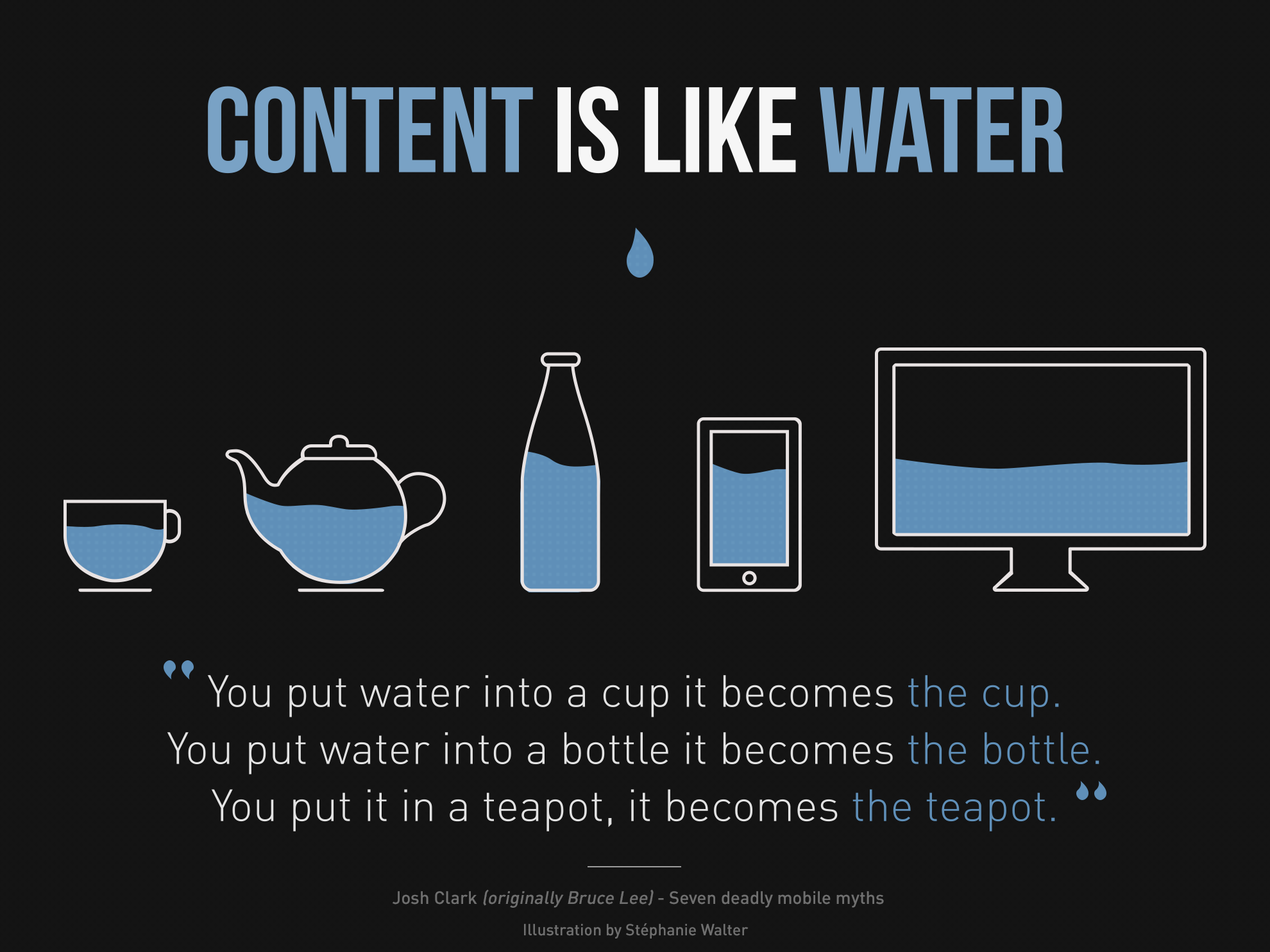
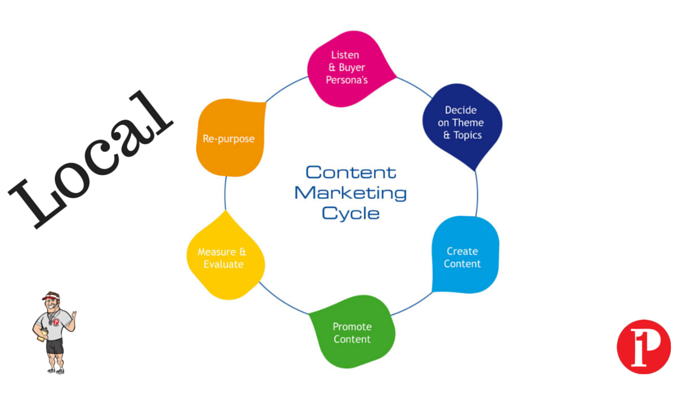
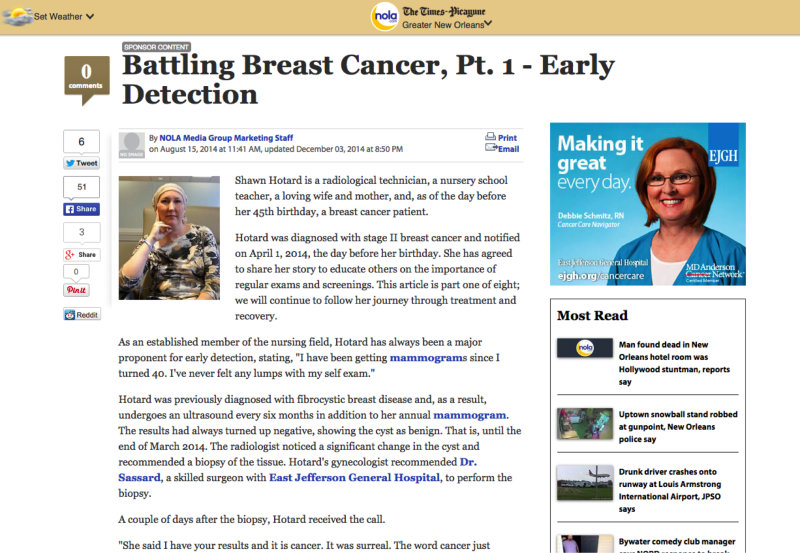
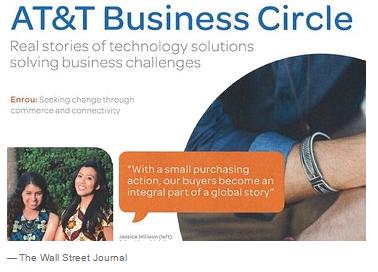
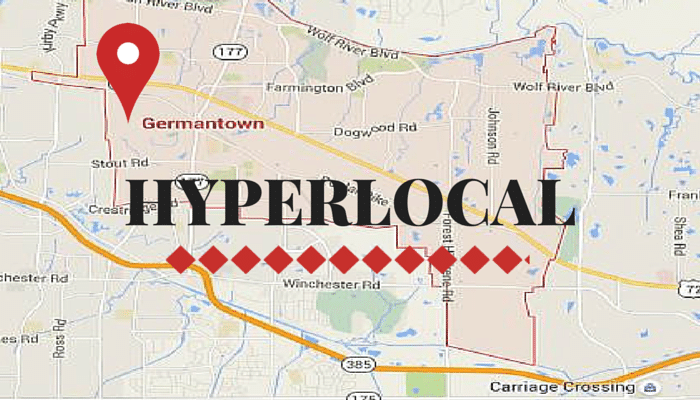

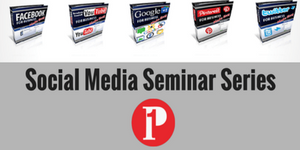
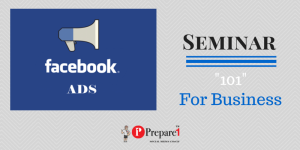

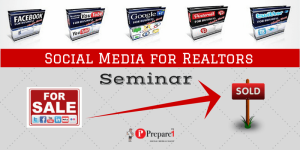
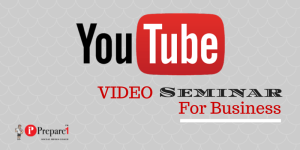
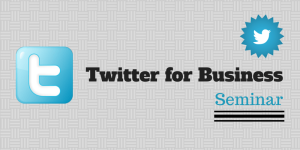
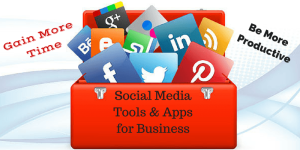
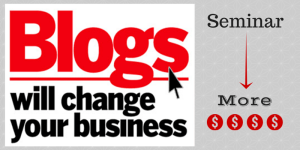
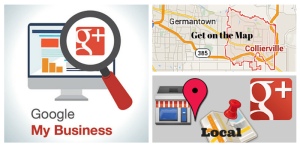

Comments on this entry are closed.
{ 1 trackback }